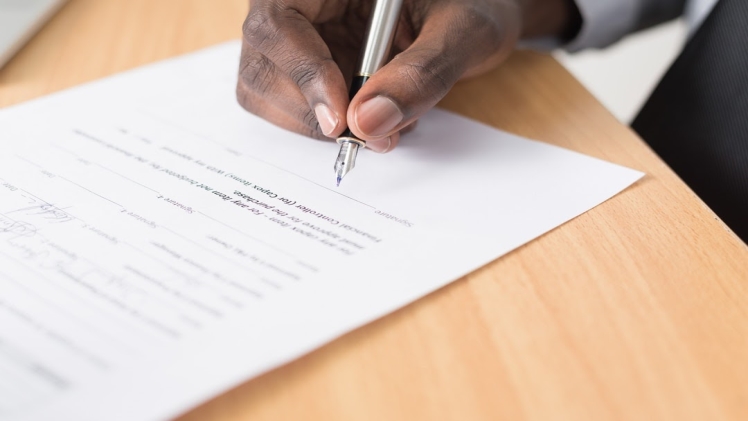Between insurance policies, legal requirements, and medical care, navigating the aftermath of a car accident can be a complicated process. Suppose you have been injured due to the negligence of another driver. In that case, you may be left wondering what steps to take to protect yourself financially. Your car accident case has the potential to uproot your entire life if mishandled. Your primary focus, however, should be on recovery. So what can you do to minimize tension and maximize your physical and financial recovery?
Consult with a trusted healthcare professional.
After a car accident, many people may believe that they did not sustain any injuries. At times, the adrenaline of a scary situation can temporarily distract our bodies from feeling pain or discomfort that will arise later on. The first thing you need to do after being injured in a car accident is to seek professional medical care. Even if you don’t believe that you have sustained a severe injury, you will need to be evaluated by a professional to rule out the possibility of complications. Minor injuries like whiplash have the potential to become more serious issues down the road.
The best thing you can do to care for your well-being is to seek medical treatment after your motor vehicle accident. Additionally, your medical records and bills will be significant factors in your personal injury case evaluation. Both insurance adjusters and your attorney will need to obtain copies of your medical records and bills. These documents will help you put a value on your claim and ensure you receive fair compensation. If your medical provider allows access to your medical records online, consider requesting copies of your medical records as soon as possible.
Take note of everything.
When it comes to a personal injury claim, there is no such thing as too much information. Take as many photos and write down as many notes as you can. It can be beneficial to take pictures of the accident scene, any bodily injuries you sustained, and property damage that arose out of the collision. If you have been absent from work due to trauma, pain, or doctor’s appointments, be sure to write down all the days you have missed and the reason you missed them.
Often, employers can provide employees with lost wage information to assist in the personal injury claim process. As time passes, take note of any residual effects you are suffering from the accident. Discomfort, anxiety, and expenses arising from prescriptions or rental vehicles are all critical aspects to document. These elements will all be taken into account and used to calculate the value of your claim.
Retain a personal injury lawyer.
Sometimes, an insurance company may not want to accept liability or may not offer fair compensation. In this case, it is essential to retain the services of a personal injury lawyer. If you are reluctant to incur more expenses, seek a legal team that has your best interests at heart. For example, Orlando car accident attorney Michael T. Gibson, P.A., offers free consultations to injury victims.
A legal consultation can help you understand how much your case is worth and what steps you need to take during your recovery to ensure maximum compensation. Legalities like the statute of limitations and insurance requirements can be confusing and aggravating to deal with for someone with little background knowledge of the law and insurance processes. Obtaining the services of a car accident lawyer can allow you to rest easy and focus on your recovery. If you have been injured in a motor vehicle accident, you should contact a personal injury lawyer.
The first most important step to take after a car accident is to seek medical care, despite minor or nonexistent injuries. Documentation of the incident by healthcare professionals is imperative to your personal injury case. Next, document everything you can about the circumstances of the accident and the aftermath left in its wake. Lastly, present your situation to an experienced personal injury attorney. They will be able to help you throughout your entire legal process, allowing you the peace of mind you need to make a full recovery.

